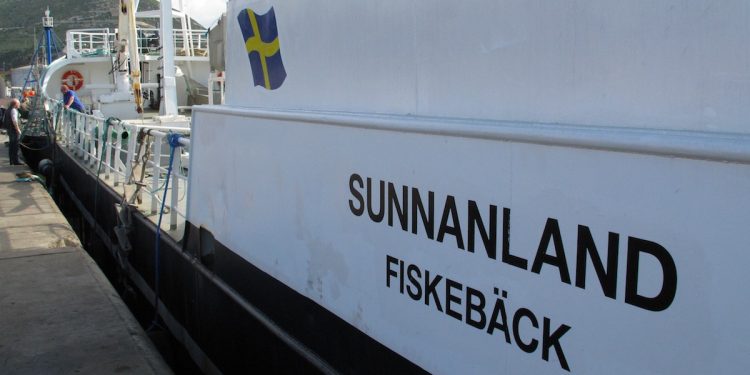An agreement on fisheries between the European Union and Morocco has been struck, the latest in a series of bilateral agreements and implementation protocols going back to 1988.
Spanish fishing industry body Cepesca has welcomed the entry into force of the EU agreement with Morocco, describing the announcement that it had been ratified in Rabat as a relief.
It allows for 138 EU licences in Morrocan waters for EU vessels, of which 92 could go to the Spanish fleet. So far, 70 applications have been made. The breakdown of the licences available to the Spanish fleet include opportunities for 22 purse seiners and 25 artisanal demersal longliners in the north, plus 10 artisanal demersal boats in the south, 12 demersal vessels and 23 tuna pole-and-line vessels.
‘The Spanish and EU fishing sector can breathe easier after the final approval of the entry into force of this fishing agreement, essential for communities that are highly dependent on fishing,’ said Javier Garat, Secretary General of Cepesca and President of Europêche.

‘The conditions of the new agreement are also a guarantee of sustainable fishing in these waters, some of the richest in the world, since it includes the best scientific advice, as well as management plans.
Now that the EU-Morocco agreement has been ratified, attention is on the EU agreements with Mauritania and Senegal, which expire on 15th and 19th November.
The Morocco-EU agreement is seen as strengthening the bilateral relations between Morocco and the European Union in the fisheries sector. The discussions of the first joint commission ended on July 18th in Rabat. During this meeting, the parties clarified the practicalities and technical aspects in order to allow the fishing activities of European vessels as part of the implementation of the protocol.
Through this support, the European Union contributes, in particular, to the modernisation of fishing infrastructure in Morocco, the promotion of scientific research with a view to sustainable fishing, and fisheries-related employment.
Each European fishing vessel operating under the agreement employs between two and 16 Moroccan crew, in addition to Moroccan observers who regularly sail with these vessels. The agreement also provides for a significant proportion of mandatory landings in Morocco, which creates additional employment.
The EU and Morocco also co-operate on the monitoring, control and surveillance of fishing activities, and combat illegal, unreported and unregulated fishing.
The agreement encourages relations between Moroccan and European companies in technical, economic and commercial matters.









